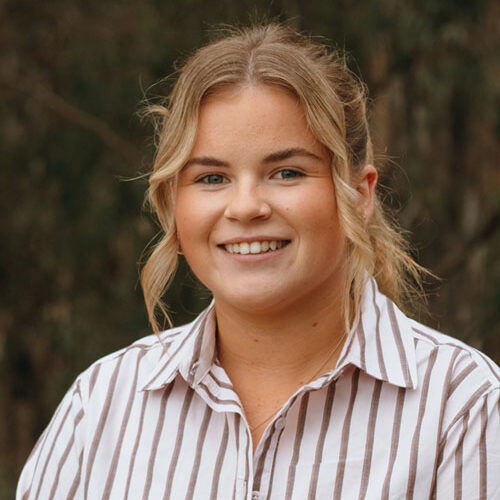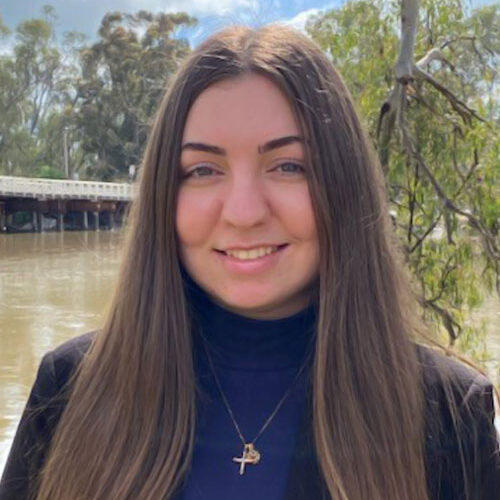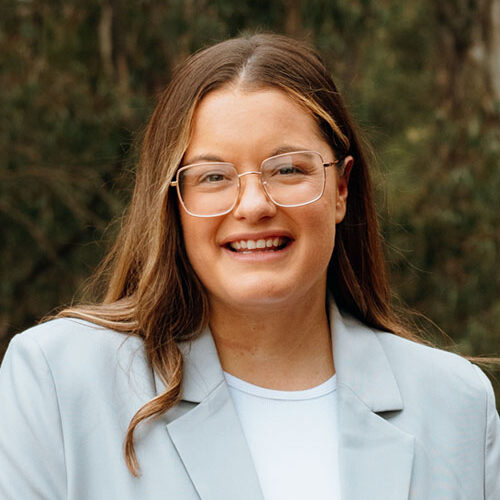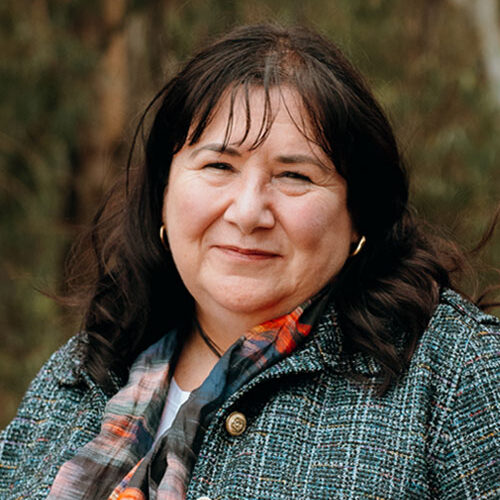Can Secret Recordings Be Used in Family Court Cases in Australia?
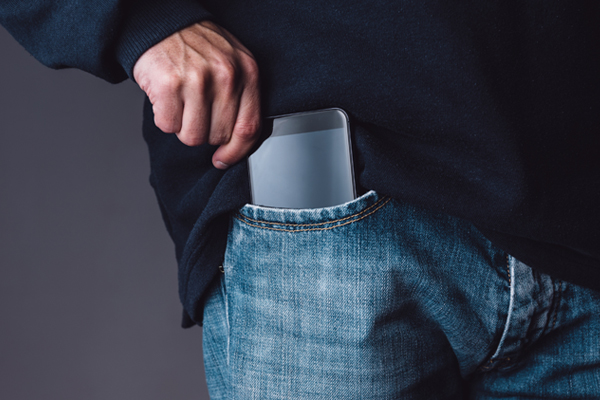
Secret recordings may be used in Family Court cases in Victoria in limited circumstances, but recording someone without consent can breach Victorian surveillance laws and should only be relied on with legal advice.
Understanding Secret Recordings in Family Law
Settling a divorce or separation isn’t always smooth sailing. When things start to get messy or out of control, it can be tempting to consider covertly recording conversations as evidence of wrongdoing.
But while hiding your phone in your back pocket to secretly record exchanges with an ex-partner or spouse may sound like a great way to collect evidence to support your case against them, there are legal limitations as to whether they’ll be considered in court. So, when can and can’t you use secret recordings in Family Court cases? And when is a recording a secret recording?
Are You Recording Secretly?
Recording conversations has become easier than ever with advancements in technology. With the push of a button, you can even record your ongoing phone conversations if you desire. However, if you haven’t started your conversation with “I’m recording this conversation” then chances are, you’re engaging in a secret recording.
A secret recording of a conversation is any audio or visual recording where:
- The other person hasn’t specifically consented to being recorded
- There is no implied consent to being recorded
Implied consent includes things like having security cameras around your property but doesn't include things like making sure your ex-partner or spouse sees you putting your phone in your back pocket. Essentially, you’d need sufficient reason to believe that your ex-partner is aware they’re being recorded in order for implied consent to be assumed.
When Can’t You Use Secretly Recorded Conversations in Family Court?
Often it‘s going to be challenging getting your secretly recorded conversations accepted in Family Court cases. This is because the courts have a lot to consider, including:
- Whether you made the recording yourself
- Why you made the recording
- Whether the recording breaches your ex-partner’s privacy under law
- Whether the recording is misleading or confusing
- Whether the recording is unfairly prejudicial or harmful to those recorded
There have been several cases where parents have secretly recorded their ex-partner or spouse by planting recording devices in their children’s belongings during their access. These overwhelmingly get rejected by the Family Court because they interfere with a children’s rights to have a private conversation with their parent without either party fearing of being recorded; in other words, they breach privacy laws. Every situation is different though, and there are some circumstances where secret recordings may be permissible.
When Might Secret Recordings Be Acceptable in Family Court?
There are some instances where not only is recording a conversation in secret understandable but is also permissible as evidence in Family Court cases. These are generally in situations where:
- There is a genuine fear for safety
- Property is at risk
- You are a primary participant in the conversation
The intent behind the recording is a key factor in whether the courts will allow it to be used as evidence.
For example, in cases where the secret recording was captured because there was a genuine fear for personal safety, and the recording was intended to be used as evidence to support a family violence claim, the courts are far more likely to consider accepting it than if you had no reason for recording other than ‘just in case’.
Accepting secret recordings as evidence in Family Court cases is considered on a case-by-case basis, and it’s best to discuss your situation with your family lawyer before you start recording.
Concerned About Your Separation in Regional Victoria?
We understand how complicated separating and filing for divorce can be. Here at Joliman Lawyers, our experienced family lawyers support clients across Swan Hill, Echuca, Cohuna and Kerang, listening to your concerns and providing clear, practical advice tailored to your individual circumstances.
Call us today; we’re here to help.
FAQ 1:
Can secret recordings be used in Family Court Victoria?
Yes, secret recordings may be used in Family Court cases in Victoria in limited circumstances. Whether they are accepted depends on factors such as how the recording was made, the purpose of the recording, privacy considerations, and whether it is fair and relevant to the case.
FAQ 2:
When might secret recordings be accepted in Family Court cases?
Secret recordings may be considered where there is a genuine concern for safety, risk to property, or where the person making the recording was a direct participant in the conversation. The court assesses each situation on a case-by-case basis, with the intent behind the recording being a key factor.
FAQ 3:
How can Joliman Lawyers help if you’re considering using recordings in a Family Court matter?
Joliman Lawyers provides experienced family law advice to clients across Swan Hill, Echuca, Cohuna and Kerang, helping individuals understand the legal risks of secret recordings and whether they may be relied on in Family Court proceedings. Their local family lawyers offer tailored guidance to protect your interests and ensure compliance with Victorian law.




